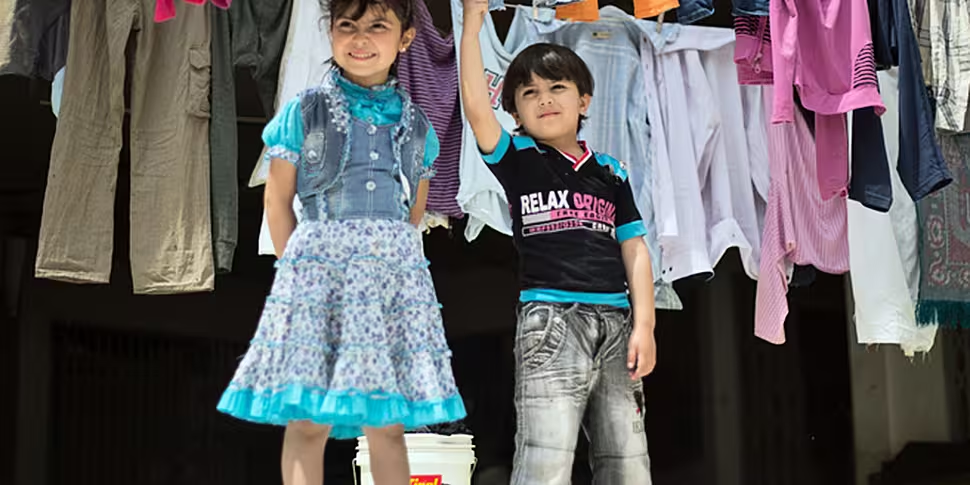Gender inequality is being highlighted as one of the biggest obstacles when it comes to tackling global poverty. A new report from Oxfam today says a radical change of attitude is needed to close the pay gap and put women on a equal financial footing.
The study reveals that even in the powerful G20 economies, female workers will have to wait 75 years to earn as much as men.
It also claims that women in these countries do up to five hours more unpaid work per day than men. The monetary value of unpaid care work is estimated at anything from 10% to over 50% of GDP.
A radical change of attitude among society and government is now called for in order to address this issue, according to Oxfam Ireland CEO Jim Clarken.
The Oxfam report titled 'The G20 and Gender Equality' has been co-published with the Heinrich Boell foundation, in advance of a G20 Business Summit being held this week in Australia.
It shows that in the G20 countries women were paid less than men, were over-represented in part-time labour, and were discriminated against in the household, markets and institutions.
The report further details how income parity - when women and men receive equal pay for equal work - can increase a nation's GDP. Applied to G20 members the Eurozone's could increase by 13%, and Japan's by 16%. In 15 major developing economies, per capita income would rise by 14% by 2020 and 20% by 2030.
Oxfam recommends the promotion of gender-equitable fiscal policy through promoting the financing of public services to reduce women's unpaid care work and promoting the elimination of gender bias in national budgets and tax codes to ensure that taxation systems and policies recognise unequal gender roles and work to redistribute them.
CEO of Oxfam Ireland, Jim Clarken, spoke to Newstalk Breakfast about the findings.









